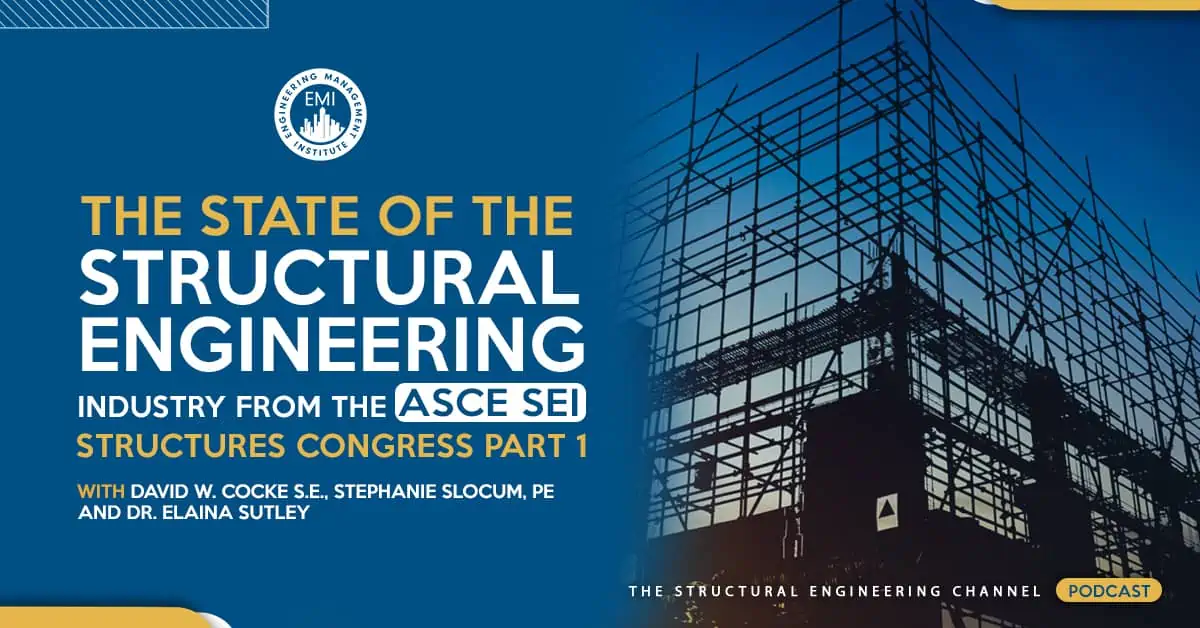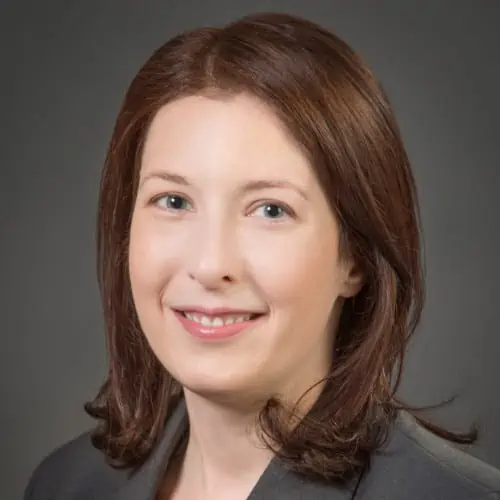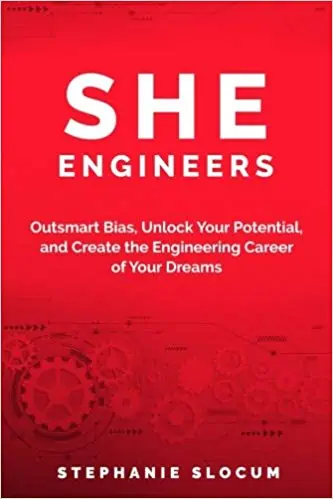Podcast: Play in new window | Download | Embed
Image by evening_tao on Freepik
In episode 02 of The Structural Engineering Channel podcast, we will be taking you with us back to the ASCE SEI Structures Congress in Orlando where we interviewed some guests on the current state of the structural engineering industry. This is actually one of two episodes from ASCE’s Structural Engineering Institute(SEI Structures Congress). The other episode will be published on June, 19 on The Civil Engineering Podcast, in an effort to give the Congress more visibility.
Engineering Quotes:
Here Are Some of the Questions We Ask Our Guests in This Episode:
- What are some of the things that excite you about structural engineering?
- How do you determine what you need to focus your time and energy on?
- Talk about your thoughts on structural engineering being a commodity?
- What is it like being a professor and working with students in the real beginnings of their engineering careers?
- Do you think it’s important for structural engineers to gain practical experience in the field?
Here Are Some of the Key Points Discussed About the Structural Engineering Industry:
- What excites me about structural engineers is the fact that we are bringing our professional associations closer together, and coming up with a common vision around how to face the challenges of the future. These challenges include technology, global access, business liability, contractual arrangements and the attraction of young dynamic people into the profession.
- If we as a structural engineering industry can develop our soft skills more, we will start seeing structural engineering being less as a commodity, and more as us being advisers or partners to the client.
- Too often, when we complain that we are a commodity, it is because we are looking at it from a perspective of, “what’s in it for me” as opposed to, “how can I best serve my client.”
- An important factor of community resilience is to not just think of a single building in isolation, but also how it’s supporting the people in the community around it.
- If you want to be successful as an engineer, you need to think of the value you are transferring to people, and how you can improve and increase it and then convey that.
- There is a really big stir at the moment around the conversation of non-structural components. We are seeing a lot of change, as well as people who are all trying to understand what the practices are, how to develop code, testing and standards to where we ensure that things are going to work as it is supposed to.
- The most rewarding part about being a professor is to help people shape their future, and to teach them things that help guide the decisions that lead to their future.
- A student can never go wrong when doing an internship. Having both practical and research experience will help engineers to make informative decisions about the next steps in their careers. This will also allow them to become better candidates for the job they want because of the expertise they are displaying on their portfolio.
- It’s always good to talk to mentors when you are doing career planning, goal setting and decision making choices in your career.
More Details in This Episode…
In today’s end segment, Mat provides his opinion on whether or not you should get your master’s degrees, and if it has been helpful in his engineering career.
About Our Guests:
David W. Cocke S.E.
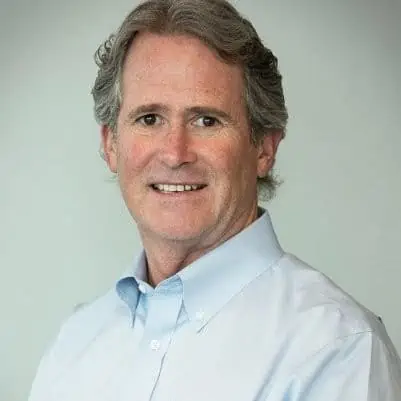
Stephanie Slocum, PE
Stephanie has 15 years of structural engineering and project management experience on large, architecturally complex building structures in both small and large firm environments. She is the author of the 2018 book, She Engineers: Outsmart Bias, Unlock Your Potential, and Create the Engineering Career of your Dreams. Stephanie founded her start-up in 2018. Her company helps engineers (and especially female engineers) own their work and worth so they can become leaders. She shines a light on the barriers to success and provides practical training, inspiration, and mentorship through her online platform, speaking, and career coaching.
Dr. Elaina Sutley
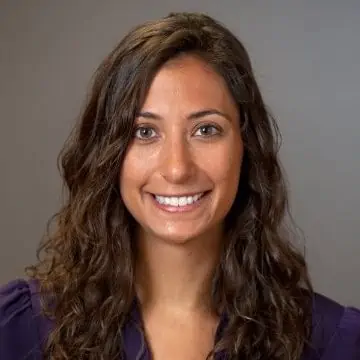
Books Mentioned in this Episode:
Sources/References:
The Engineering Career Coach Podcast
The Civil Engineering Podcast
SEI Structures Congress
The Institution of Structural Engineers – IStructE
Natural Hazard Mitigation Saves Study
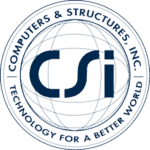
Please leave your comments or questions in the section below on any questions you might have about the structural engineering industry.
To your success,
Anthony Fasano, PE, LEED AP & Mathew Picardal, P.E.
Hosts of The Structural Engineering Channel
